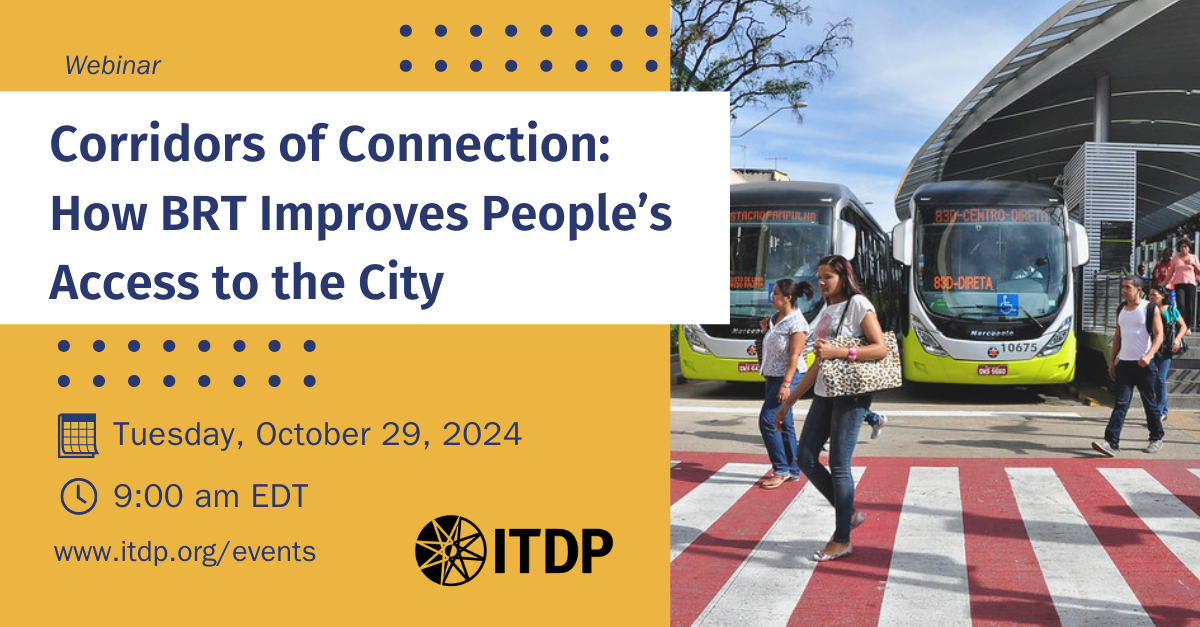
Opinion Pieces: since 2007, Prof. David Hensher has written an opinion column in the Australasian Bus and Coach magazine, where he monthly discusses a lot of different transport-related hot topics. In this section we are revisiting these columns.
Photo: richmond-news.com
October 2011
The 12th International Conference on Competition and Ownership of Land Passenger Transport (known as the Thredbo Series) has just concluded in Durban, South Africa. As Co-founder of the series, I am delighted with the success of the series and the impact that it has globally on the reform process in many countries, including Australia. Learning about the ongoing challenges facing reforms in South Africa helps to put in perspective the Australian challenges, which almost pale into significance. Put simply, countries with mature markets (like Australia) wrestle with the abundance of rich talent in the sector; in contrast South Africa typifies a situation best described as immature and evolving. Despite this circumstance, South Africa has a very large informal min-bus (or para transit) sector that offers a very high level of service in terms of frequency and connectivity, but it is accompanied by high levels of risk of exposure to accidents and corruption. Although the recapitalisation program is well advanced in replacing old mini-buses (which South Africa calls taxis) with new 16 seater Toyota vans, greatly improving the quality and safety of the vehicles, there still remains the ‘cowboy’ mentality of many drivers who lack the commitment to obeying the rules of the road (including illegal overcrowding the their 16 seater vehicles which commonly carry 23 plus persons). The challenge in reforming this very large sector with high service levels is to remove the illegal practices and safety concerns while preserving such high levels of service. Many would argue that it will be a sad day if this is resolved by removing the sector entirely and replacing it with a very Western conventional timetabled bus service. For sure this will deliver a lower level of service even if it is fully compliant.
In both mature and evolving market settings there remains great interest in the design of bus contracts. With over 26 countries present at Thredbo 12, an intense high level debate identified the key risks to the success of a contract, given global experiences. The risks in order of relative importance are:
- Unclear description of government objectives and outcomes
- Poor quality in tender/negotiation assessment
- Allocation of risks and responsibilities
- Ensuring financial viability
- Dispute management and resolution arrangements
- Specifying the services to be provided
- Understanding of the best technical content
- Changes over time in government/government policy
- Specifying (key) performance indicators
- Distortions introduced during contract negotiations
- Collecting and acting on performance indicators
- Complexity in the scope of services
- Building and maintaining a positive partnership
- Tendering /Negotiation process
What is particularly gratifying is the overall view from the conference that we must continue to ensure that the process of contract negotiation is open, clear and achieves buy-in from all sides; that it recognise contracts are at the tactical level, but need to be constructed within a clear strategic framework; that it ensures a clear alignment between Strategic, Tactical and Operational (STO) aspects; and that we continue to learn from the past and others’ experience, and undertake self evaluation. Linked to achieving these outcomes is a performance management regime defined on a set of key performance indicators (KPIs) that must be in the contract but with benchmarked levels included in an accompanying schedule; and these KPIs must be part of an appropriate structure to manage performance regime by the regulator and not just for compliance, but also to assist operators. It was made clear that “Performance is not the same as compliance”. The 8 KPIs developed by Hensher-Arbuckle for NSW received complete support as a sensible and appropriate way ahead in order to track cost efficiency, network effectiveness and customer satisfaction in particular. It was also reinforced that social exclusion has to be explicit within public transport service contracts with operators.
Food for thought
¿Comments? ¿Opinions? ¿Similar News? Send them to us!





